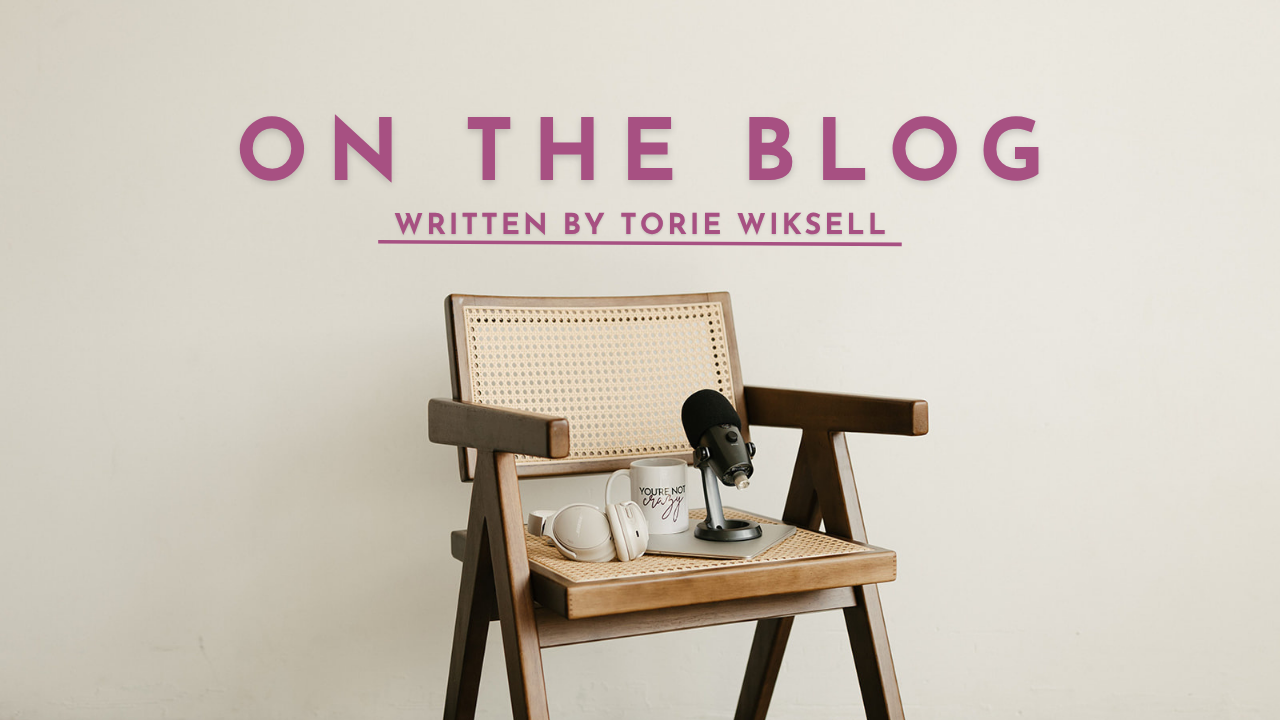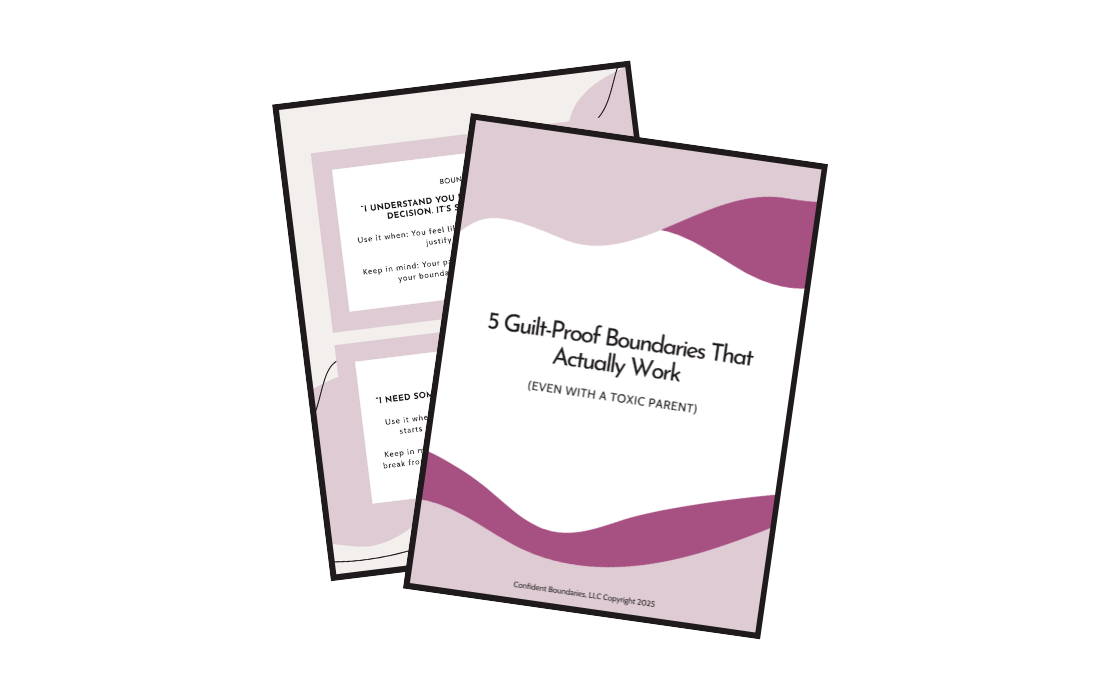
Why Acceptance Matters More Than Forgiveness When Healing from a BPD or NPD Parent
Let’s talk about something that doesn’t get said enough:
You don’t have to forgive your toxic parent in order to heal.
If you grew up with emotionally immature parents—especially a parent with borderline or narcissistic personality disorder—you’ve probably been told that forgiveness is the “right” thing to do. That it’s the key to peace. That you can’t truly move forward unless you find a way to forgive the person who hurt you.
Here's my hot take: Healing doesn’t require forgiveness. It requires acceptance.
Acceptance gets a bad rep—despite how it's often used in conversation, acceptance is not the same as approval. It's simply acknowledging reality for what it is so you can stop wasting your time and energy on wishing things were different.
Acceptance: What Actually Helps You Move Forward
Here’s why acceptance is a game-changer:
Acceptance is you saying:
✔️ This is what happened
✔️ It hurt me
✔️ It wasn’t okay
✔️ I can’t change it
✔️ I don’t need to keep trying to
It’s what allows you to stop running yourself into the ground trying to earn love, prove your worth, or fix a dynamic that was never yours to fix.
Unlike forgiveness, which can feel like an emotional mountain you’re supposed to climb, acceptance is something you can practice now—at your own pace and for your own peace.
What Acceptance Looks Like in Real Life
Acceptance in the context of emotionally immature parents might sound like this:
-
“I see now that my parent’s behavior is part of a long-standing pattern. I don’t have to like it, but I’m no longer spending energy hoping it’s going to change.”
-
“I’m letting go of the fantasy that if I do or say the right thing, they’ll finally ‘get it.’”
-
“I can name what happened without minimizing it—and without making it my fault.”
Let’s Bust the Biggest Myth: “You Have to Forgive to Find Peace”
Nope. You really don’t.
You don’t have to “let it go” if that means letting them off the hook.
You don’t have to bypass your anger to seem like a good person.
You don’t have to forgive someone who continues to hurt you.
You can find peace by focusing on your own healing.
By making space for your grief.
By no longer engaging with dysfunction.
By choosing truth over fantasy.
By breaking the cycle.
And If You Do Want to Forgive? That’s Okay Too
This isn’t a one-size-fits-all message. If forgiveness is something that genuinely feels right for you, that’s completely valid.
But it has to come from you—not pressure.
And it should serve your healing—not silence your pain.
Forgiveness should never mean giving someone another opportunity to hurt you.
So What Does Healing Look Like?
If you’re not aiming for forgiveness, focus on this instead:
1. Self-validation
You don’t need your parent to acknowledge what they did. You can validate your experience. Your pain is real. Your story matters.
2. Boundaries without apology
You’re allowed to protect yourself, even if your parent doesn’t understand or approve. Their confusion isn’t your problem. Your peace is your priority.
3. Support from people who get it
Whether it’s therapy, community, or spaces like the Confident Boundaries Membership—being surrounded by people who’ve walked in your shoes makes all the difference.
4. Reclaiming your identity
You’re not just the scapegoat or the peacekeeper. You’re a whole person with needs, desires, and dreams. It’s time to start living your life on your terms.
Final Thoughts: You’re Allowed to Heal Without Forgiveness
If you’ve been carrying the weight of guilt because you just can’t bring yourself to forgive your parent... let this be your permission slip to put that down.
You don’t need to forgive them to be free.
You don’t need to excuse what happened to move forward.
You just need to accept reality—and start choosing you.
Your boundaries matter.
Your pain is valid.
And your healing is yours to define.
You’re Not Crazy.
But you might have been gaslit by your parents.
Learn how to recognize the signs—and start rebuilding trust in yourself.
I hate SPAM. I will never sell your information, for any reason.



